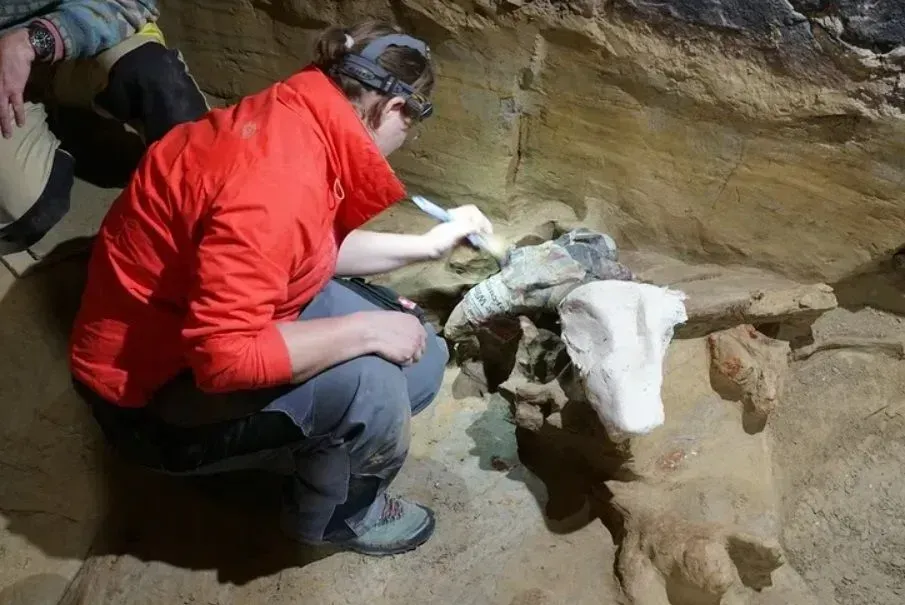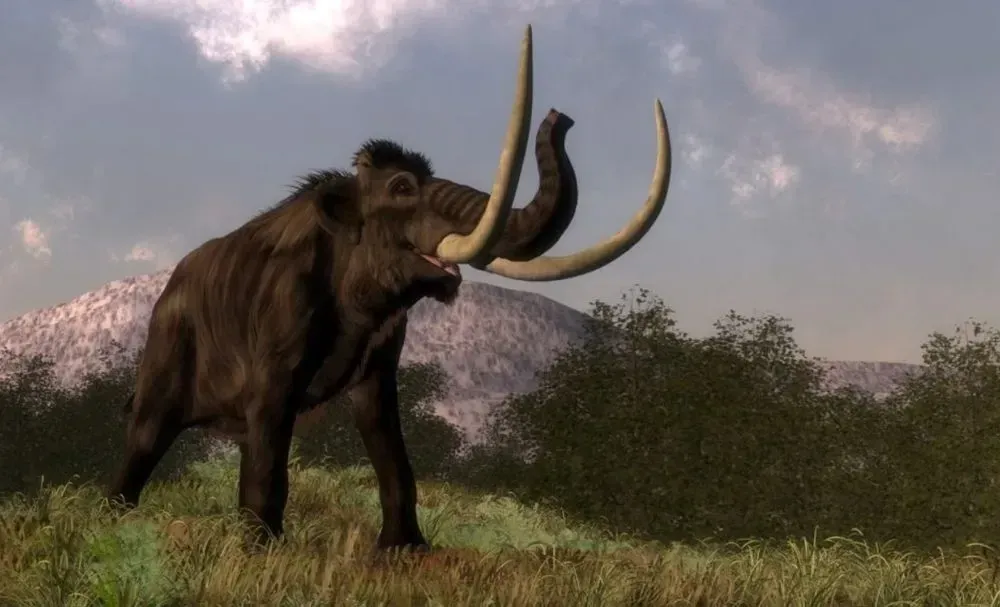Austrian finds 40,000-year-old mammoth bones in wine cellar
Kyiv • UNN
While digging in his wine cellar, an Austrian winemaker finds mammoth bones 30,000 to 40,000 years old and stone tools used by prehistoric people.

Austrian winemaker Andreas Pernerstorfer wanted to remodel his old wine cellar near Vienna, but when he went deeper, he came across huge and strange bones. This was reported by UNN with reference to Bild and SRF 1.
Details
Austrian winemaker Andreas Pernerstorfer discovered a sensational archaeological find while working in a wine cellar northwest of Vienna. The man dug deeper and deeper until he came across huge bones. He notified the authorities, who in turn called archaeologists from the Austrian Academy of Sciences (ÖAW). The experts continued the excavation.
The work has been going on since last week. During them, several layers of mammoth bones were discovered. The age of the finds is preliminarily estimated at 30,000 to 40,000 years.

The researchers reported that they probably belonged to three different animals.
In addition to the bones, the researchers also found stone tools of prehistoric humans, Dutch paleontologist and mammoth expert Dick Moll told SRF. He himself participated in several excavations in Austria. It is quite possible that the mammoths were killed by prehistoric humans, possibly Neanderthals.

But every Ice Age mammal find is geologically important. If we know our past well, what climate changes took place, we can also better understand the future of the Earth.”
Recall
Archaeologists have discovered a 2200-year-old Iron Age settlement on the Iberian Peninsulathat was devastated by a sudden fire. The discovery provides insight into the lifestyle and economy of the ancient people.
A cargo shipcarrying copper ingots sank off the coast of Turkey in the 16th century BC . Researchers were unable to find the ship itself, but according to a press release from archaeologists, it was the cargo that gave clues about the ship - experts found copper.